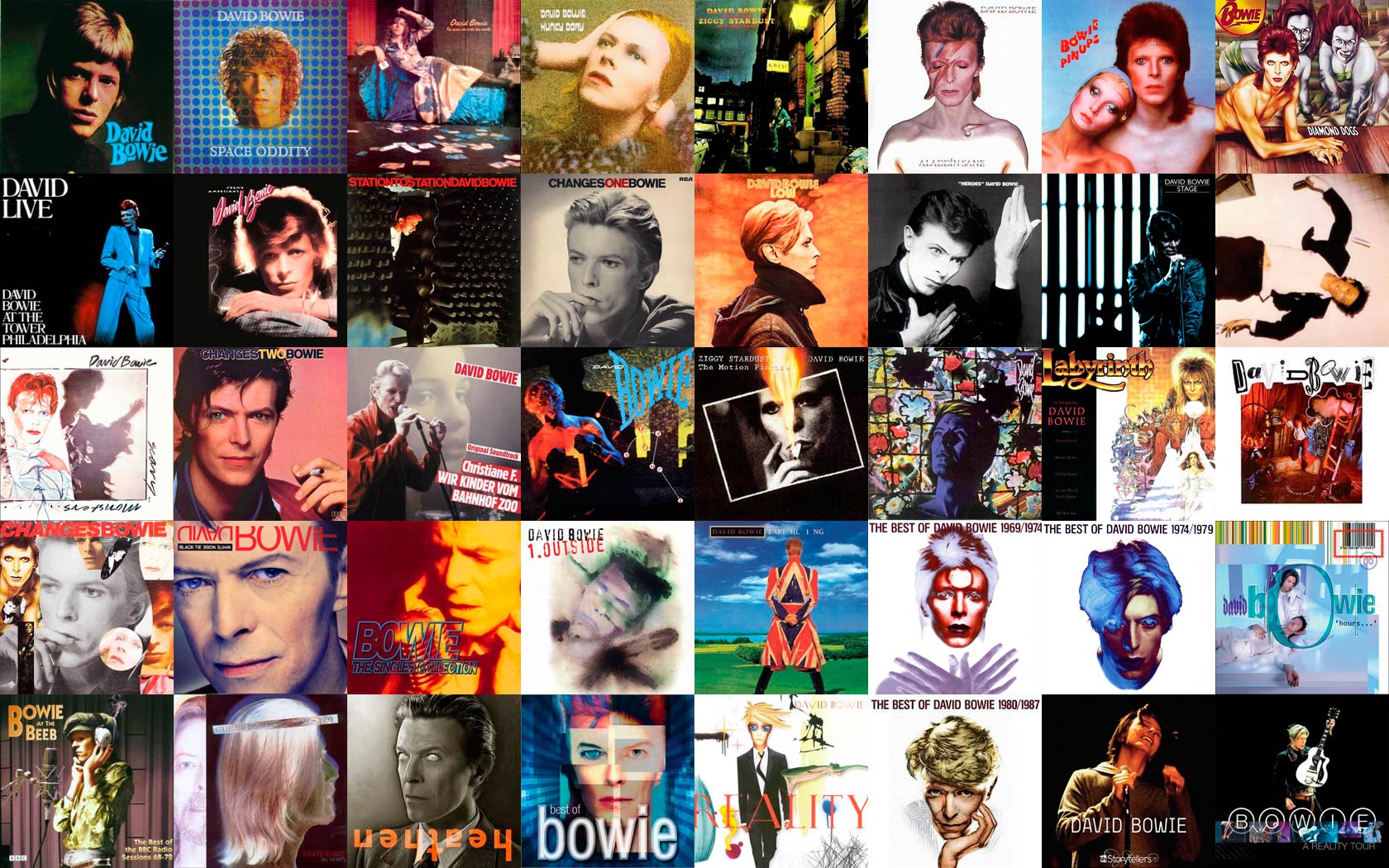Yesterday [Monday, January 11 2016] the news of David Bowie’s passing, after an 18 month battle with cancer, shook music fans worldwide.
The tributes and news coverage of some of Major Tom’s finest moments that shaped twentieth and twenty-first century pop culture were replayed over to joyous yet painful onlookers, many who saw Bowie as not just a pioneering musician but a true icon in shaping who they became as human beings.
Twitter was littered with obituaries and messages of sorrow, paying their respects to perhaps the single most influential figure in modern music and a legacy that will no doubt outlive us all in centuries to come.
The Hip Hop juggernauts of our generation: Kanye West, Kendrick Lamar, Nas, Pharrell and many others paid their respects through statements on social media.
David Bowie was one of my most important inspirations, so fearless, so creative, he gave us magic for a lifetime.
— KANYE WEST (@kanyewest) January 11, 2016
What a honor, what a soul. David Bowie, Spirit of Gold. RIP.
— Kendrick Lamar (@kendricklamar) January 11, 2016
David Bowie was a true innovator, a true creative. May he rest in peace ?? #RIPDavidBowie
— Pharrell Williams (@Pharrell) January 11, 2016
Bowie’s legendary status as a crafter of some of the finest LP’s in the golden age of the album, and also his constant reinvention as otherworldly characters such as Ziggy Stardust, helped break the mold at a time when racial and homophobic tensions were at their pinnacle.
He has gone on to influence perhaps every genre of music, fashion and subculture throughout five glorious decades from punk, soul, funk, grunge, New Romantic, electronic and even Hip Hop. Bowie’s last album Blackstar, a parting gift to the world released just a few days before his sudden death, was said to have been inspired heavily from experimental Hip Hop, in particular Kendrick’s To Pimp A Butterfly.
Technologically he helped push the analogue age into the Internet age, becoming the first major musician to make an album, 1999’s Hours…, available to download before its physical release, which at the time was hugely risky yet revolutionary.
He then also, rather eerily, went on to predict the Internet’s impending future of fragmentation and the soon-to-be radical changing of content, in a BBC interview with Jeremy Paxman.
Bowie forecast Hip Hop as a creative tour de force when the pinnacle was just about to hit its 1994 peak. Speaking in a 1993 interview on NBC with Bryant Gumbel, Bowie claims at the time Hip Hop was the only true creative force in popular music, “The quality and significance of the social message has moved very much to the Black and Hispanic market and that’s where the new force of music is coming from. With Black music, there’s a very strong social point to make. There’s a means of discovery and purpose.”
He was a wonderfully articulate communicator, but most importantly, he wasn’t pretentious. He spoke to people with charm and intelligence and the aura of a man intensely humble in his natural God-given talent.
He would offer advice, help and often even musical input into various musicians and artists’ work, paving the way for the future success of such artists as Luther Vandross, Arcade Fire, Goldie and Trent Reznor.
Later on in his career when he was adjudged to have settled down from his promiscuous early days in rock and lived quietly in New York, he would get in touch with artists who he felt resonated to in a particular profound way.
This transcript of a late 90s conversation with Mos Def, perfectly captures the studious dedication and passion for creative, thought-provoking music that Bowie exuded.

The long list of samples from Hip Hop artists of classic Bowie tracks only adds to his status as a direct source of inspiration; Diddy’s “Been Around The World”, JAY Z’s “Takeover” and J Dilla’s “Take Notice” all showcase legendary Bowie cuts in hard hitting fashion.
His immense impact is only heightened due to the news of his death, but what’s important is to remember Bowie as someone who constantly challenged his own and society’s ideals and norms. He made it cool to be different, so to speak, yet he was constantly looking to further innovate, inspire and create.
We will miss you David Bowie, but your star will forever shine on the world you came to define.
